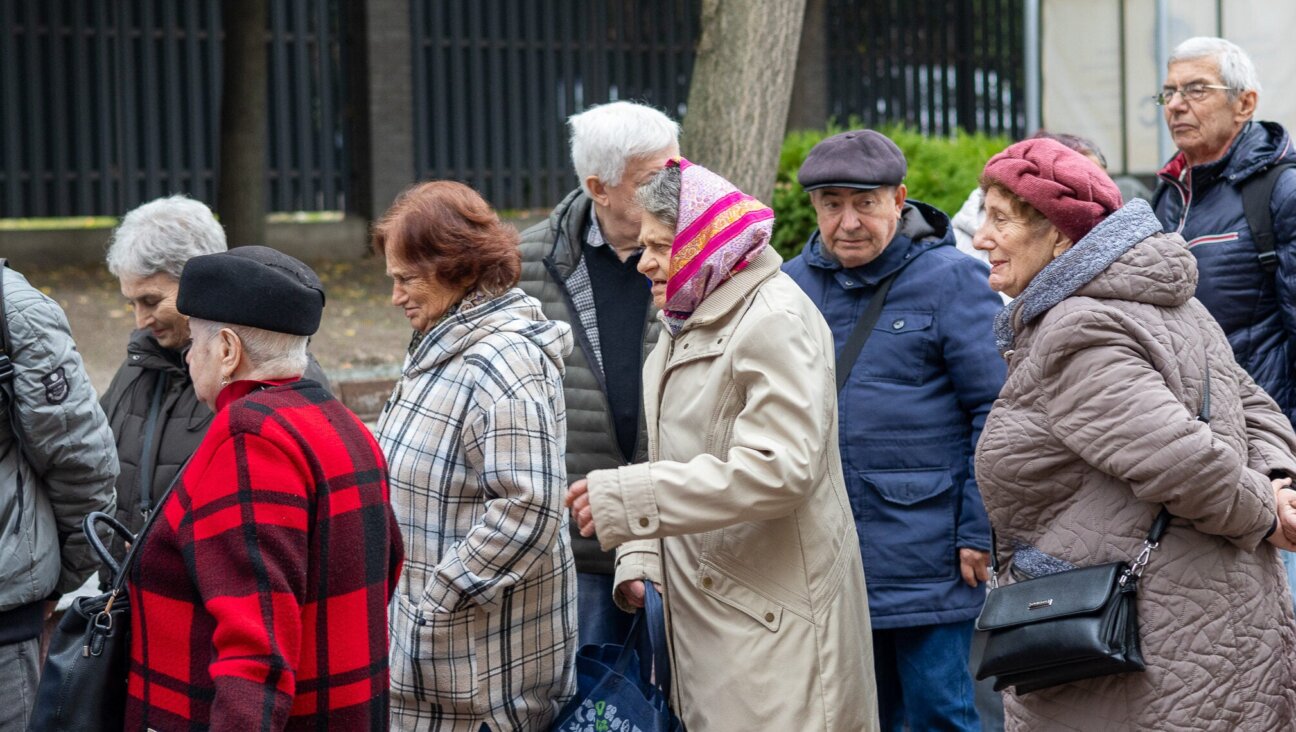How My Seder is Different

Graphic by Angelie Zaslavsky
Year to year there isn’t much change when it comes to my Passover Seder. Wine, matzo, and politics are always the dominant features. But this year I want to be conscious of the message the Haggadah provides and what it means to me.
Searching for that meaning forces me to look back on the vastly divergent Passovers experienced by my parents. The Seders my mother grew up around in the United States were rooted in tradition. It would run continuously through the night, reaching far past midnight because her father refused to miss a single word of the Haggadah. Every prayer was said, each song was recited, and her father would even dress up as Elijah the prophet. I try to look back and imagine my grandfather leading the Seder and I see the meticulousness with which he recited the Haggadah. I see him focusing intently on each word, each prayer, and each explanation. I hear him speaking in his calm yet demanding voice to all the guests at the table that God had once again brought us back to Eretz Yisrael, and that hopefully next year we would rejoice in Jerusalem.
At the same my grandfather was reciting those words, my father was in Odessa, secretly attempting to find matzo for a Seder that was illegal. In Soviet Russia, the Seder was an affront to communist ideology. Therefore, any attempt to buy matzo, recite a prayer, or hold a Seder would be punished, sometimes severely. Despite the yearly struggle my father and his family went through every year, they were usually able to find a small amount of matzo. Their Seder, however, was in no way comparable to that of my mother’s. My father, his friends and family, would sit around a table and enjoy a dinner much like any other, except at this one they would eat matzo.
None of the tedious reading my grandfather focused on so much was done. In many ways, the story my grandfather was telling was one that my father was living; except for my father it was taking place in the Soviet Union instead of Egypt. It was my father and his family who were waiting to be liberated, to become much like those characters in the Exodus story that were freed from Pharaoh’s oppression.
In Judaism, there is a certain belief that implores us to be conscious of each action we make. There are specific prayers to say on food, on holidays or even when we see a rainbow. The laws are created to open our eyes to the world in front of us. Therein lies the meaning I have been searching for this year’s Seder. Being conscious of my every action means following a careful and somewhat painstaking act of following through in everything I do as my grandfather did by reading through every single word in the Haggadah. It means taking risks in the name of what I believe and know is right as my father did by sneaking matzo into his home. For this year’s Seder I hope to follow in the path my father and grandfather have laid out for me, yet still see the world in my own new way.
Ryan Yuffe, 18, was born and raised in Brooklyn, N.Y. He is a freshman studying at Brandeis University.
















